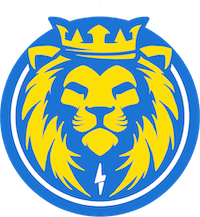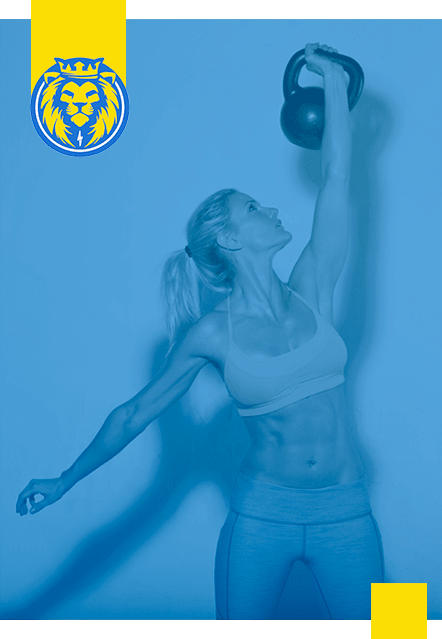Four Mistakes That Hurt Recovery
Being consistent with workouts is a critical factor to making progress. If you are consistent and thorough with workouts but don’t see progress, there may be another problem. It will not matter if these workouts are the perfect routine for strength, power, hypertrophy or endurance there is still no guarantee you will recover from these workouts.
There are a few telltale signs that you are not recovering efficiently after workouts. One sign is excessive soreness. It’s normal to be sore after a new leg routine or a high volume of interval exercise. Although if you continue to be sore after the same exercise routine, that equates to poor recovery. A second sign is a lack of motivation to hit the gym. For instance, if after an endurance workout you are lacking the motivation to meet for the next session then it’s imperative to look at your recovery methods. A third sign is a loss of appetite, when you are exercising regularly and hard, the appetite tends to increase. If there is a sudden drop in appetite, it’s critical to look at what you are doing after an exercise session to ensure you fully revive after exercise.
Whether it’s swimming laps in a pool or taking a boot camp, all exercise is catabolic in nature. The physical activity is breaking down tissue. This catabolic process is in muscles as well as ligaments and tendons. Think if you could look into a body as a person is exercising and watch the muscles and ligaments work, you would be able to see on a microscopic level is the muscle tissue being broken down during exercise. Recovery begins once you stop this activity, whatever it may be. Switching to an anabolic state is what recovery is all about. Most people fail to focus on getting into and staying in this state, and at times will instead do what they can to stay in a catabolic state.
1. Waiting to Eat
Postponing a meal after exercise is the biggest mistake that most will make with post workout nutrition. There is a small window of opportunity after a workout to feed your body, Think of your muscles as a sponge; prior to a workout, the muscles are full of nutrients, like a sponge with water, During the workout, nutrients are being used to fuel that workout, so now we are squeezing water out of the sponge, so now at the end of the workout your muscles are like a dry sponge ready and wanting to soak up nutrients. Take advantage of this opportunity and feed your body what it wants. Do not wait to eat!
2. I Need More Cowbell… err I Mean Protein
The second mistake is not eating enough protein. Weight training and other forms of resistance training damages muscle tissue so when it comes to recovery, protein is the total first priority. Proteins are broken down into Amino Acids and Amino Acids are the building blocks of muscle tissue, In particular, branch chained amino acids also called BCAA’s. These are amino acids that help facilitate recovery and reduce muscle soreness after exercise. Not only is muscle recovery important but connective tissue recovery is critical as well. In addition to being the building blocks for muscle, Amino Acids such as glutamine are the building blocks for glycosaminoglycans, which can be thought of as food for the joints. Eating protein post-workout will help not only your aching muscles but also your aching joints. Make sure to have a serving of protein after your workout to help speed your recovery immediately.
3. Avoiding Carbs
Many of us are now becoming carb phobic and we avoid carbs like the plague. It’s been drilled into your heads that carbs are bad and the enemy because they will go straight to your waistline. This can be true to a certain extent, however, there are two main issues at hand. First, the type of carbohydrate makes a massive difference. For instance, if you are sucking down Big Gulps and is a junk food connoisseur then carbs will go straight to the waistline.
Second, the consumption of carbohydrates is activity dependent, meaning that if a person is a couch potato then eating carbs can make them fat. The muscles of a couch potato are similar to the sponge full of water, since a couch potato does not exercise, there’s no depletion of muscle glycogen, so in this situation the muscles have no possible way to absorb any carbs. Even if healthy carbs such as sweet potatoes, rice and other starches are eaten, there’s no place for them to be stored in muscles. Therefore when carbs are eaten, there is a spillover effect and many of the carbohydrates become stored into fat cells. On the other hand, if you exercise then muscles become depleted and the reality is the body needs carbohydrates after an exercise session. As you eat the carbs, blood sugar goes up and the body produces insulin to manage the blood sugar. The blood sugar is stored as muscle glycogen that will be used to aid in recovery. It’s all about timing. Make sure to train first then enjoy your carbs.
4. Drinking Alcohol
While it may sound common sense enough, alcohol consumption is actually a popular post workout ritual. Meeting up for a happy hour drink with friends or grabbing some mimosas with brunch after a Saturday boot Camp or Spin class and while that may sound harmless it's better to save alcohol consumption until after you've had a well-balanced recovery snack or meal. The simple reason is because the calories from alcohol will displace the calories from more favorable carbohydrate sources that help improve muscle glycogen stores, which again will improve muscle recovery and decrease muscle soreness while aiding in tissue repair. So put the beer and wine aside and opt for some fruit and protein after finishing up a hard workout.
Training is important but if you are not recovering properly, then all your hard work will not be maximized. It is important that you remember to schedule training appointments to be consistent and in the same way, scheduling a post-workout meal is essential for recovery. Having a protein shake, especially combined with a piece of fruit immediately after your exercise session will provide your body with the raw materials to start repairing your muscles, joints and even your hormonal system. Taking advantage of this small window of opportunity will have you fully recovered and raring to go for your next session!

